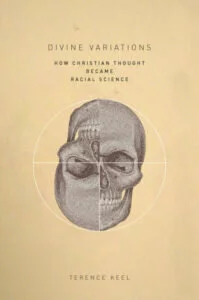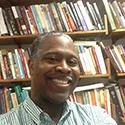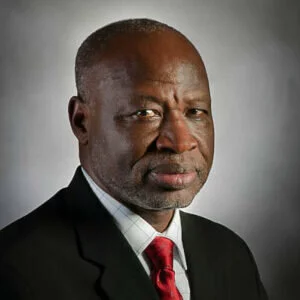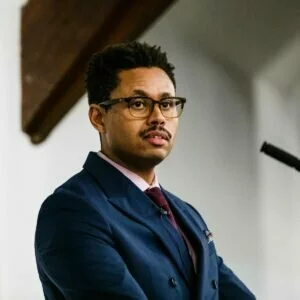race
Divine Variations
August, 2021
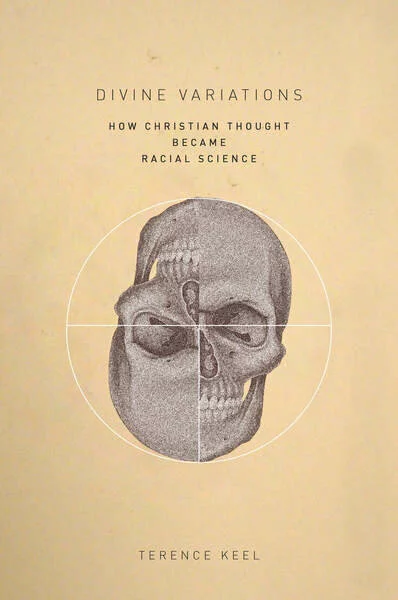
Terrence Keel uncovers the way Christian thought became racial science. This symposium looks at the important questions this book raises about anthropology, creation, divine agency, medical practice, scientific racism, reception history, and white supremacy.
